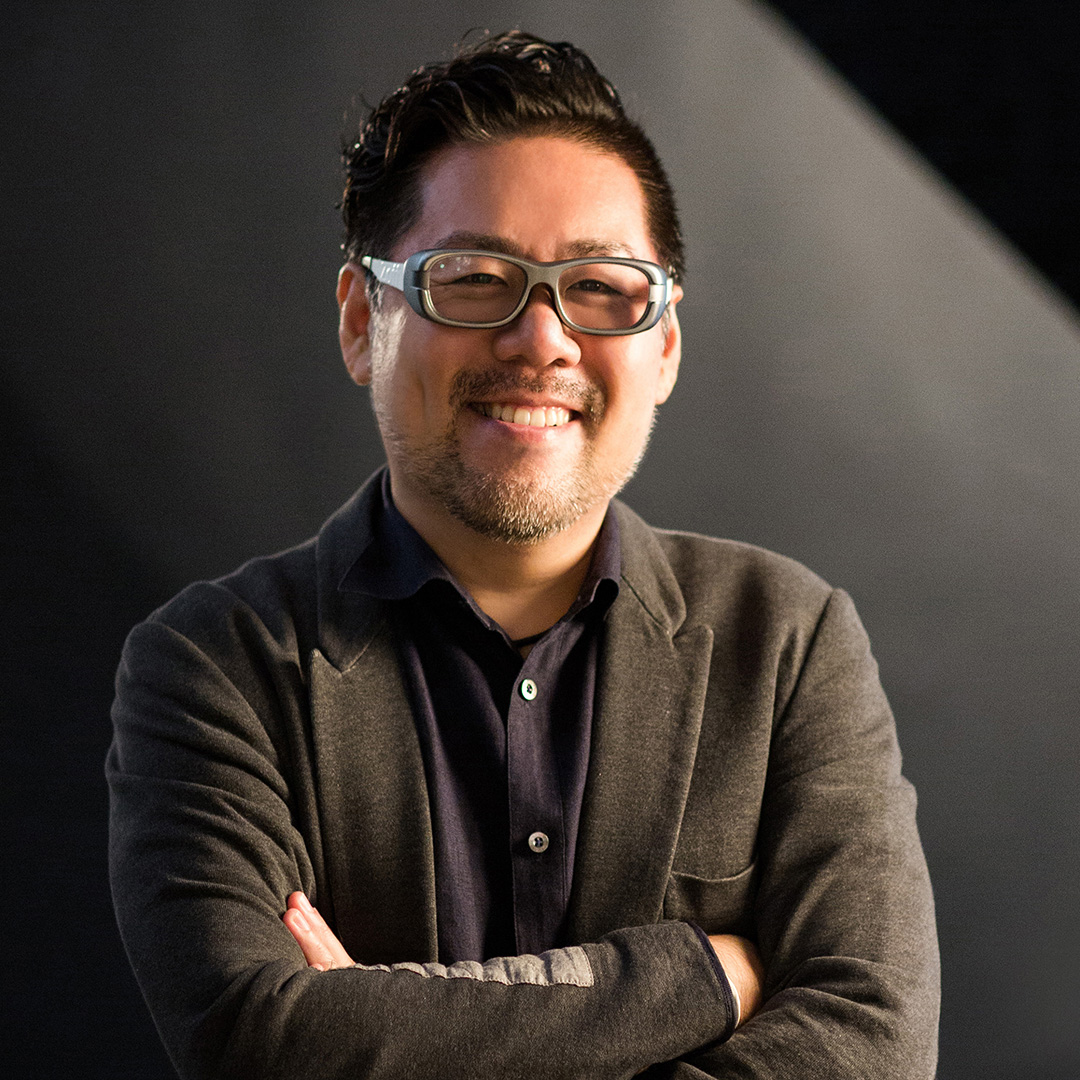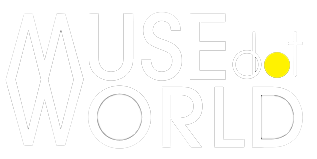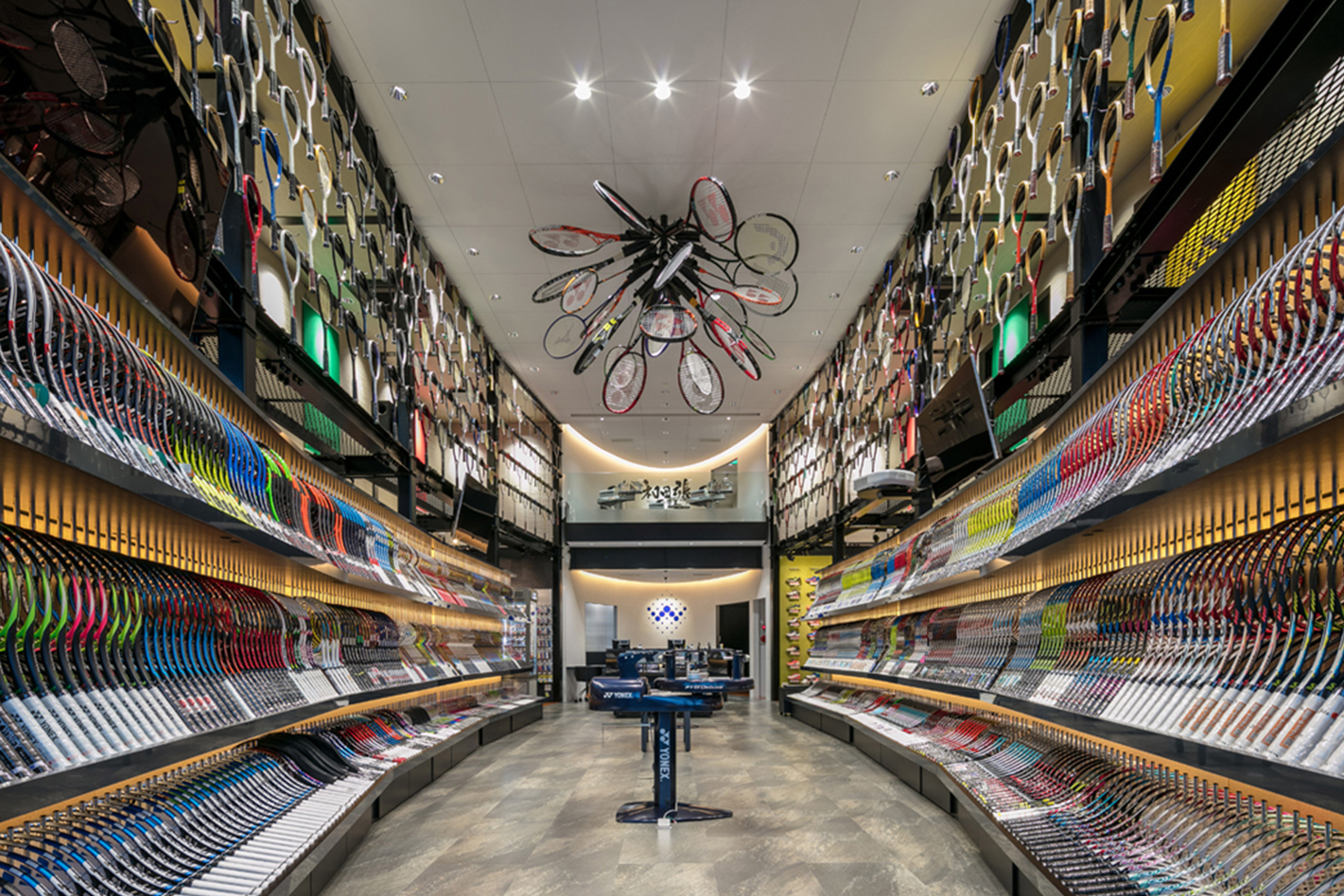Feature Story: Interview with Tetsuya Matsumoto, Head Architect Designer of KTX archiLAB, Japan

Feature Story: Interview with Matt Wilson, Director & Founder of About Bob, Australia
July 5, 2019
Feature Story: Interview with Júlio Caseiro, Architect of Júlio Caseiro – Arquitectura, Lda, Portugal
July 5, 2019
Tetsuya Matsumoto
Tetsuya Matsumoto is the founder and Head Architect Designer at KTX archiLAB based in Japan, and a Lecturer of a space design course at Osaka University of Art.

Interview with the 2019 Muse Design Awards Winner - Tetsuya Matsumoto
1Please give us a brief bio of yourself, your company, job profile, etc.
Tetsuya Matsumoto is the founder and Head Architect Designer at KTX archiLAB based in Japan and a Lecturer of a space design course at Osaka University of Art. After graduating from the same university, he specialized in commercial space design and received several local and international design awards. KTX archiLAB has built a large portfolio of projects varying both in type and scale and includes clinics, restaurants, shops, showrooms, schools, and beauty salons just to name a few.
2Tell us a bit about your business and what you do.
KTX archiLAB main activity is to provide high-end architectural design and interior design for commercial spaces. The company also builds these spaces for the projects that are located in the area where it is based.
3Congratulations! As the winner of the 2019 Muse Awards, what does it mean to you and your company and team to receive this award distinction?
Muse Design Awards is a great achievement for our practice, and we feel that winning such a prestigious award will strengthen our practice both business-wise and in our confidence in the work we are undergoing.
Our clients will also feel more comfortable and trust the decisions we make while designing their spaces.
4Can you explain a bit about the winning work you entered into the 2019 Muse Awards, and why you chose to enter this project?
We have submitted the three latest completed projects to the 2019 MUSE Design Awards. We feel that our completed projects are developing year after year, we are getting more experience and more confidence in delivering unique spaces that provide an unexpected design solution to our clients.
5What was the biggest challenge with this project?
Each of the three projects has its own specific challenges.
- For the Edge of the wood, the question was how to deliver a building that translates a gastronomical concept into built space.
- For the Racketectonics Archifixture, we were challenged to find a new way of presenting racket products in a retail space, that could be both more attractive and even more efficient.
- For the Panelarium, our challenge was to create a clinical space that advocates for the doctor's high-technological advances and respond to the intimacy requirement of a urology clinic in a limited space.
- For the Edge of the wood, the question was how to deliver a building that translates a gastronomical concept into built space.
- For the Racketectonics Archifixture, we were challenged to find a new way of presenting racket products in a retail space, that could be both more attractive and even more efficient.
- For the Panelarium, our challenge was to create a clinical space that advocates for the doctor's high-technological advances and respond to the intimacy requirement of a urology clinic in a limited space.
6How has winning an Award developed your practice/career?
Of course, winning an award will help us to have more exposure and develop our business by reaching more clients. But we do believe that the main benefit of winning an award is the trust that our current and future clients will have in our professionalism and decisions taken along the design and the building process.
7What makes your country specifically, unique in the creative industry?
Japan, in addition to its economical muscles, since the post-war era was always regarded as one of the most innovative countries in the world and a leader in creation. This is a result of a long history of craftsmanship but also to the openness of society and all industries to the newest technologies and innovations.
8Where do you see the evolution of creative industry going over the next 5-10 years?
There are two growing aspects of any human activities that will be taking over in the next decade and the creative industry will be the first one affected: - environmental responsibility and the AI technologies.
9If you were a student entering this industry or an aspiring Muse Award submitter, what advice would you give them?
Get more technical skills, it will help expand your creativity to further dimensions.
10What resources would you recommend to someone who wants to improve their skills in the creative industry?
Same as for students, technical details are a must learn and develop, but also never be satisfied, always changing and perfecting the project.
11What is your key to success? Any parting words of wisdom?
Work, work and work. First intentions are good, but develop them, change them, perfect them and never be satisfied.
Winning Entries
The Edge of the Wood | 2019
How can architecture represent a culinary concept? The Edge of the Wood is an attempt to respond to this question. The owner, Inami Koro, an Udon restaurant in Miki City, is reinventing the traditional Japanese thick noodles dish while keeping the common techniques for preparation... (read more)
The Racketectonics Archifixture | 2019
To celebrate its 30th anniversary, WADA Sports is moving to a newly built headquarter and main retail shop. The New building is also a studio for Wada Bari technology, the brand’s original racket stringing technology... (read more)
The Panelarium | 2019
Only few doctors around the world are certified to operate the robotic surgeries using the da Vinci systems, Dr. Matsubara is one of the few. The international Award-Winning Urology surgeon is establishing his own new urology clinic in Himeji City... (read more)
KTX archiLAB
KTX archiLAB is an architecture and interior space design company based in Japan.




